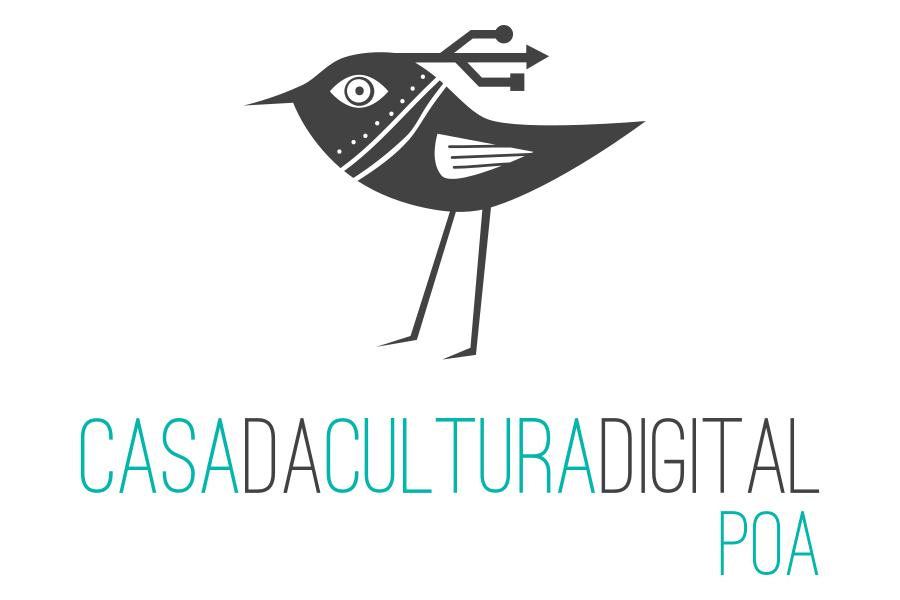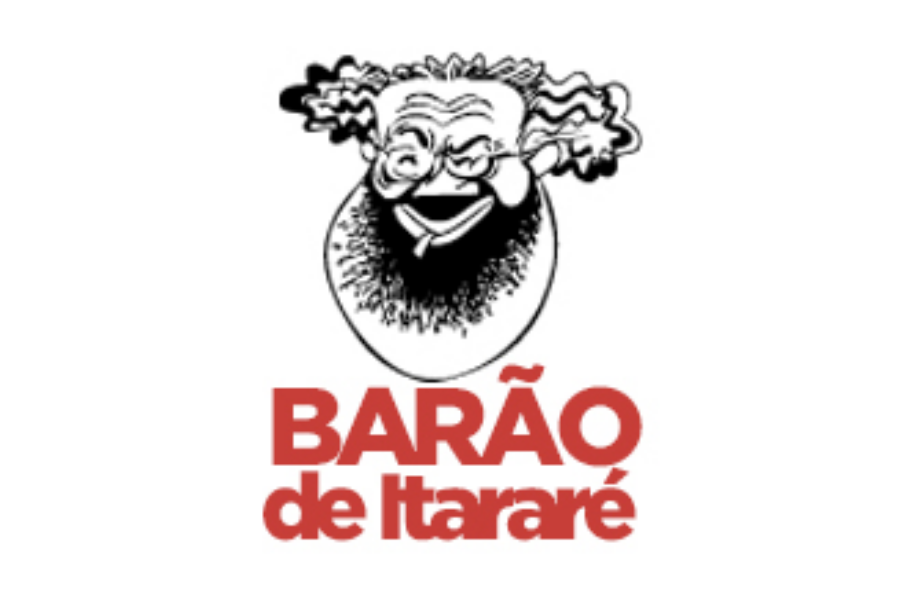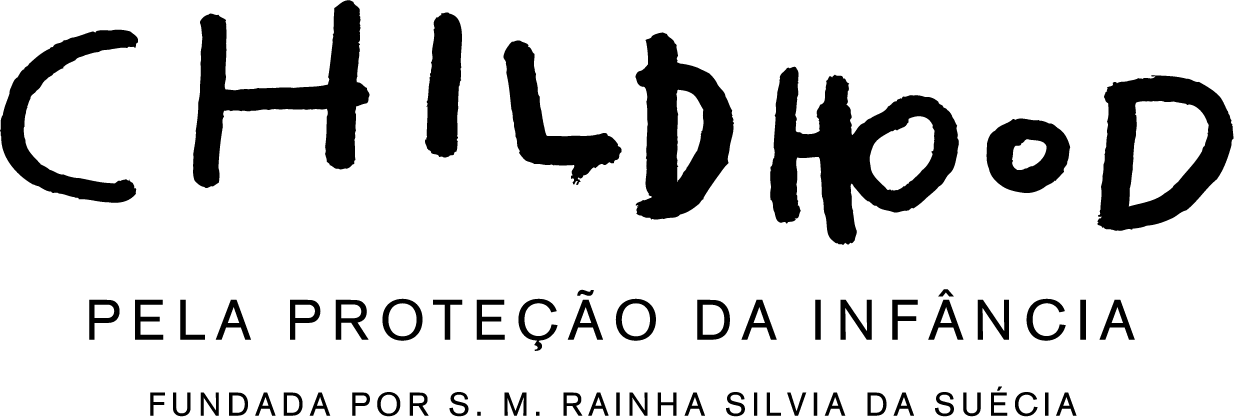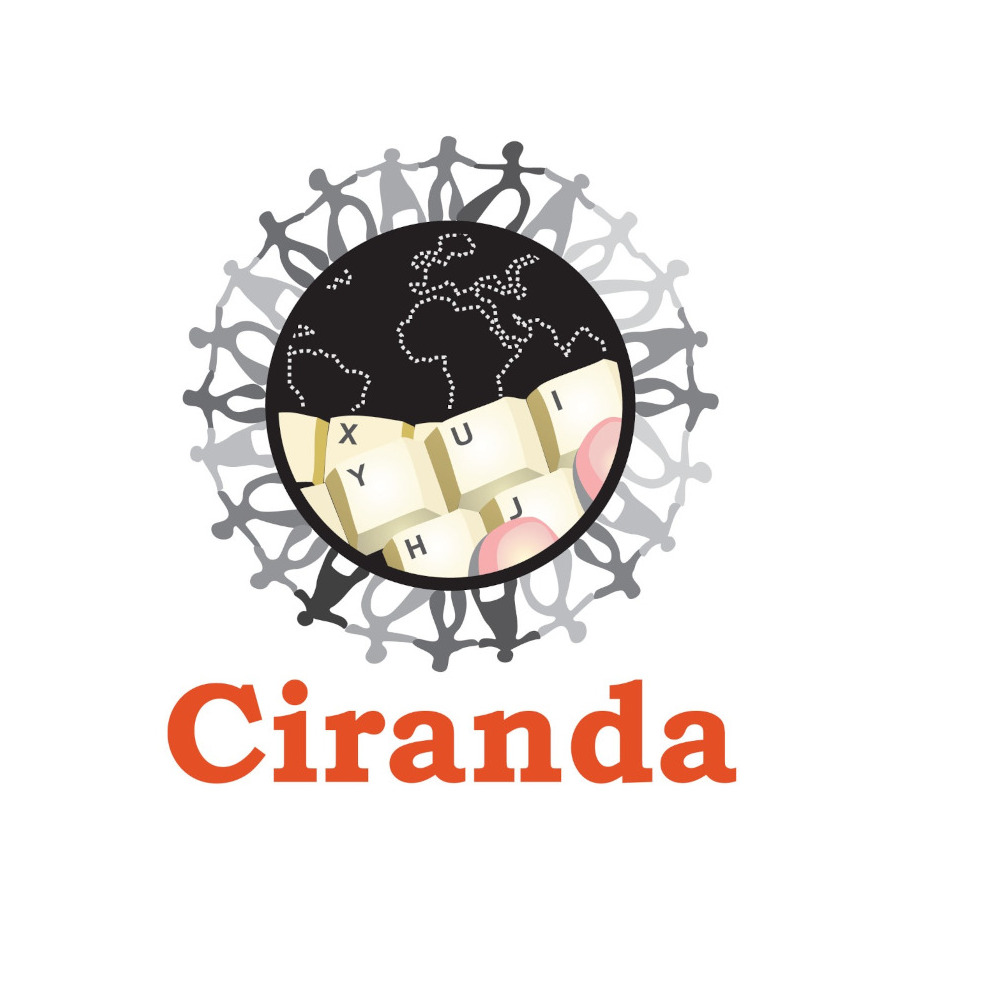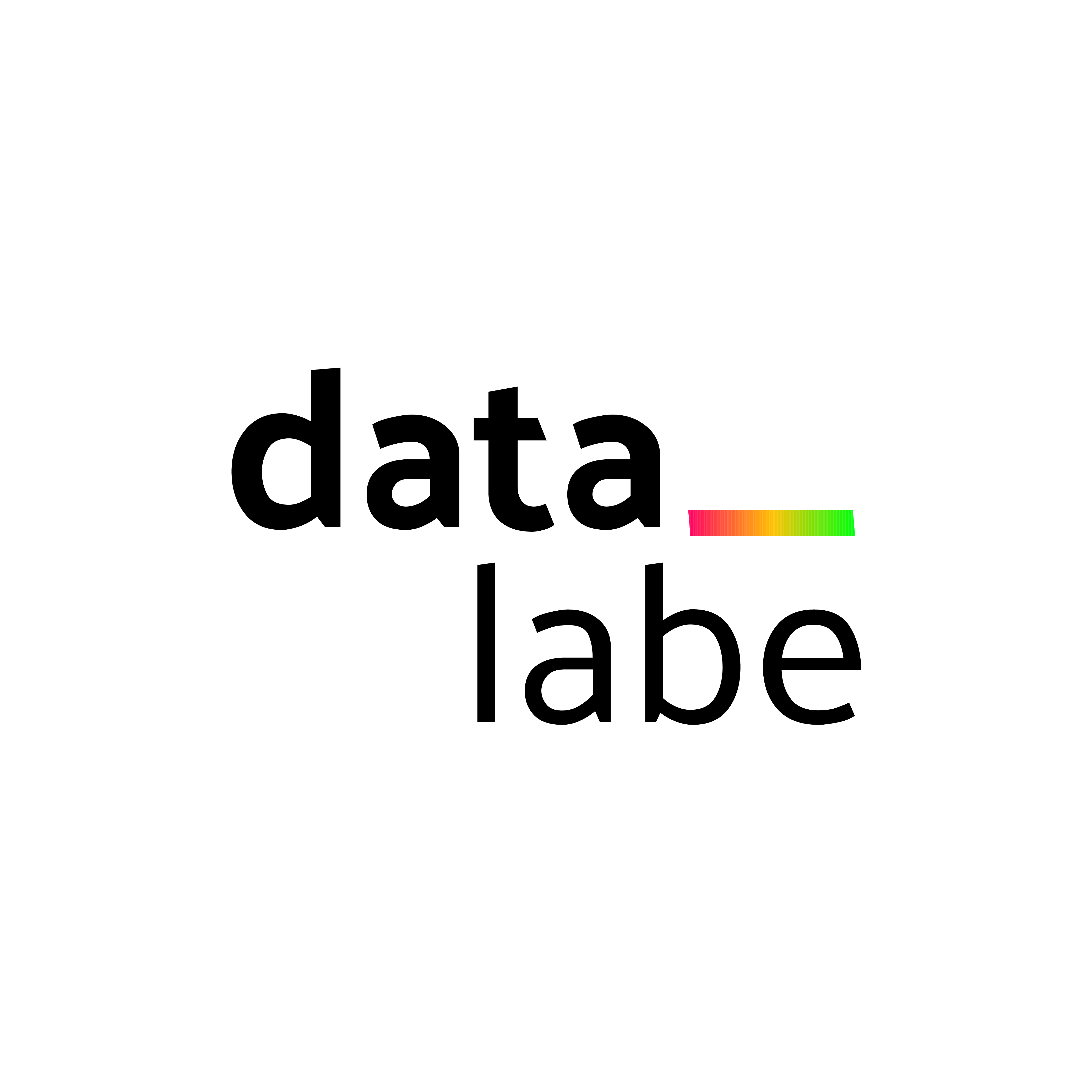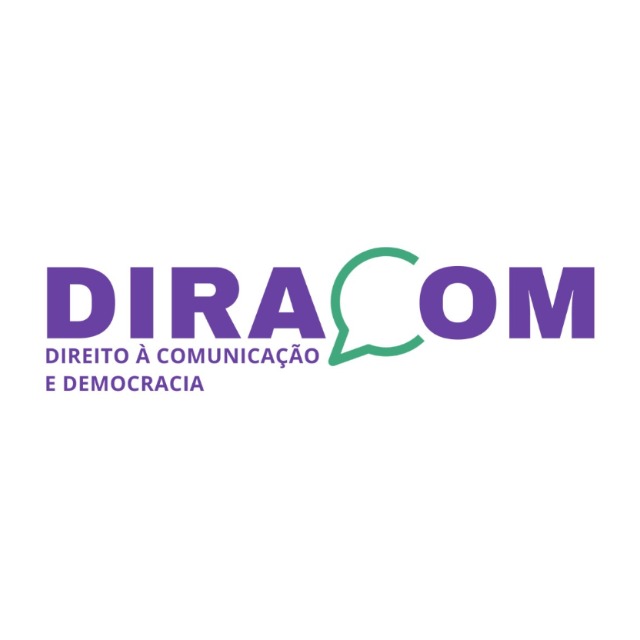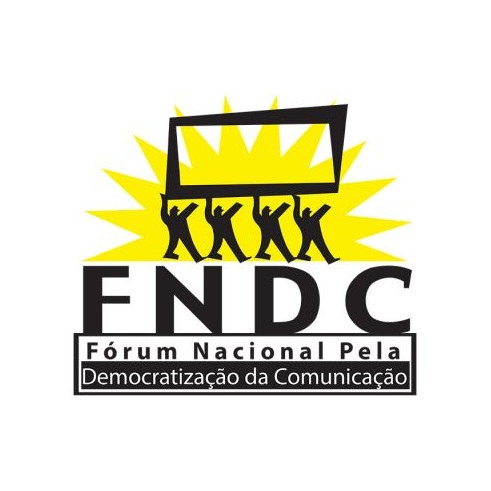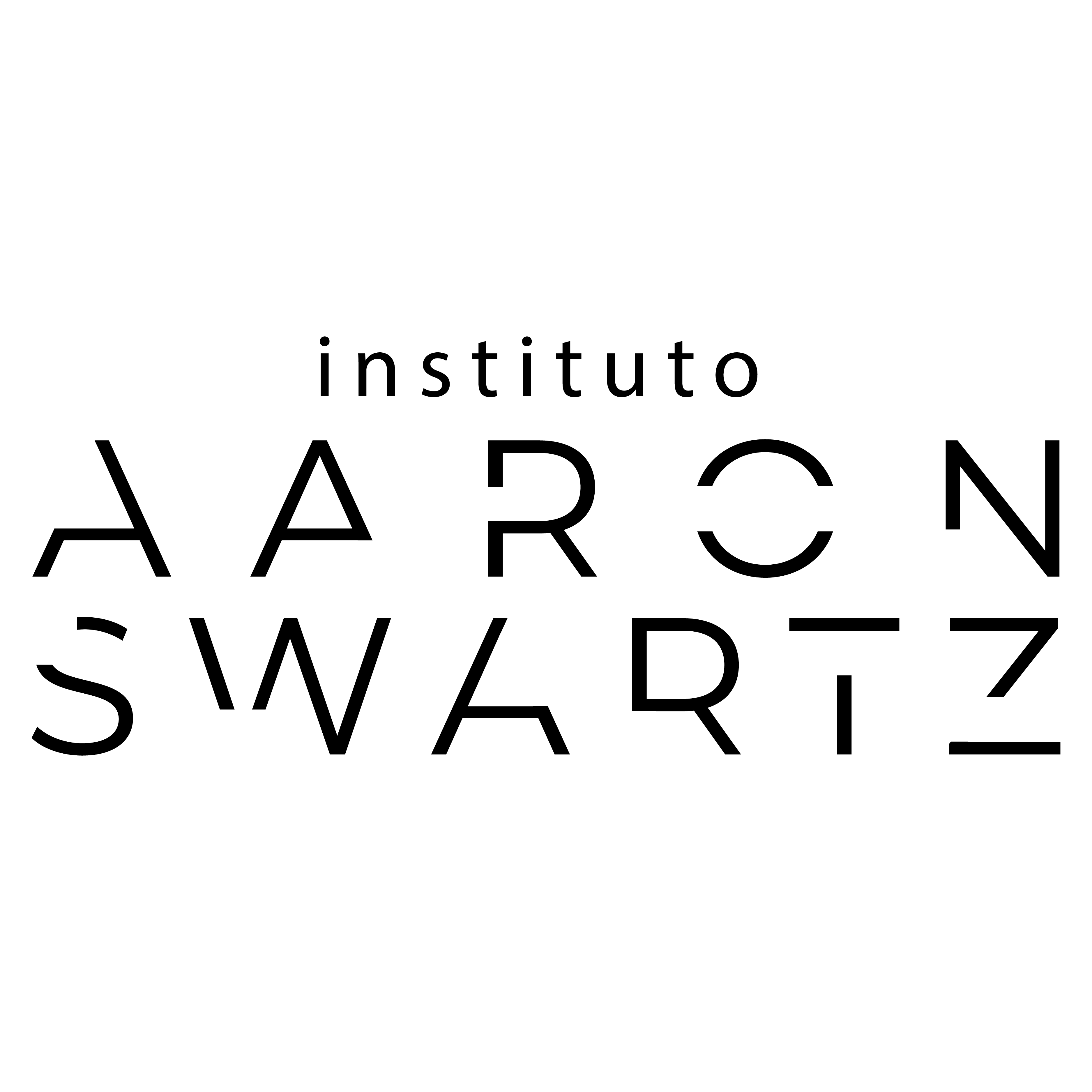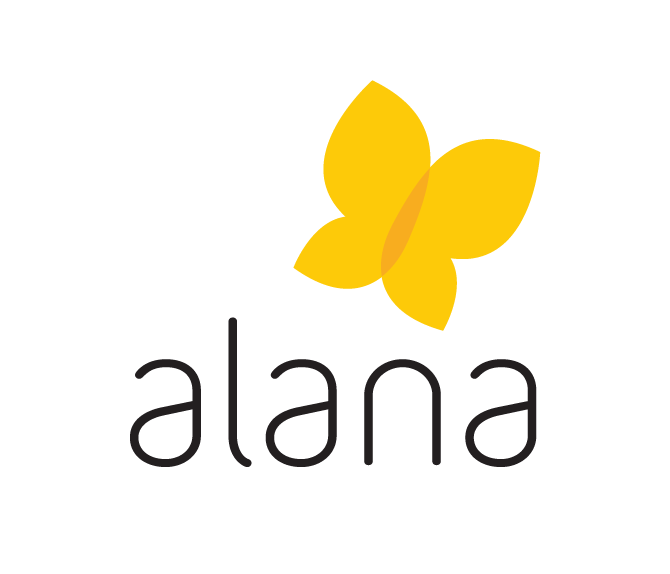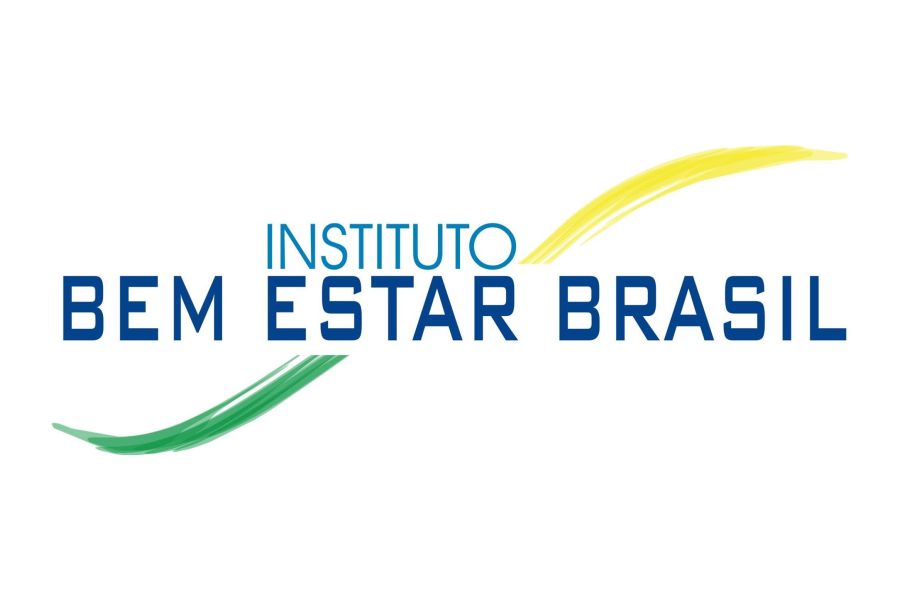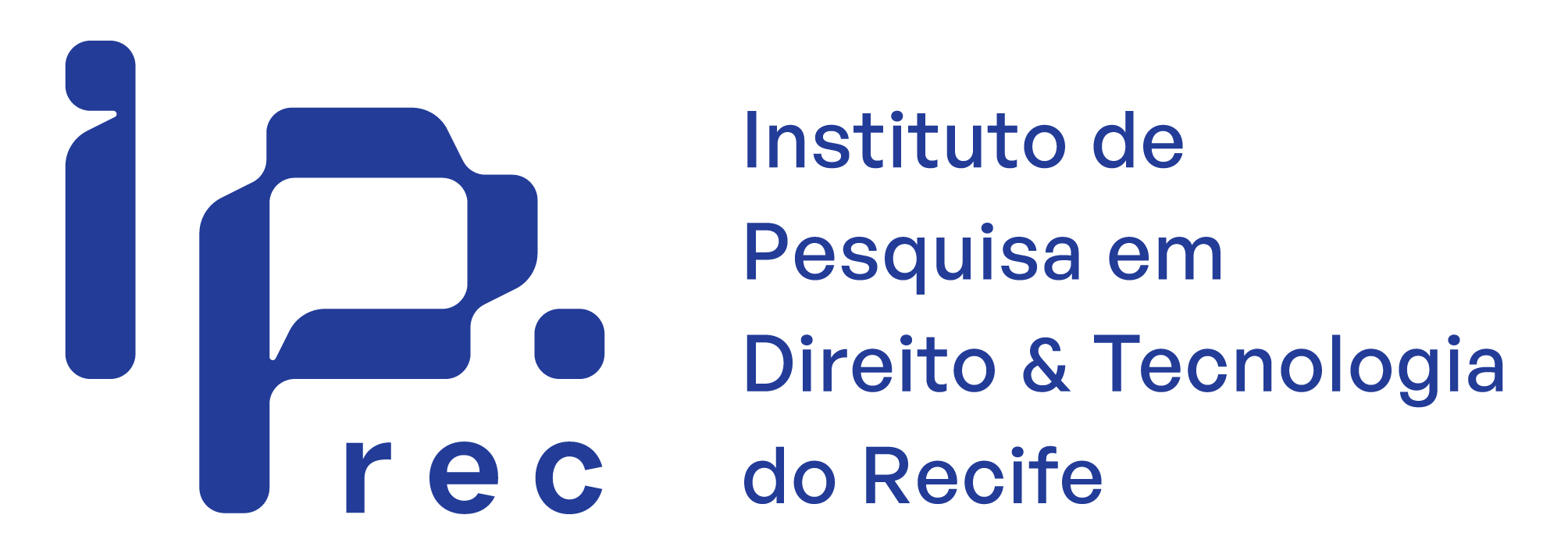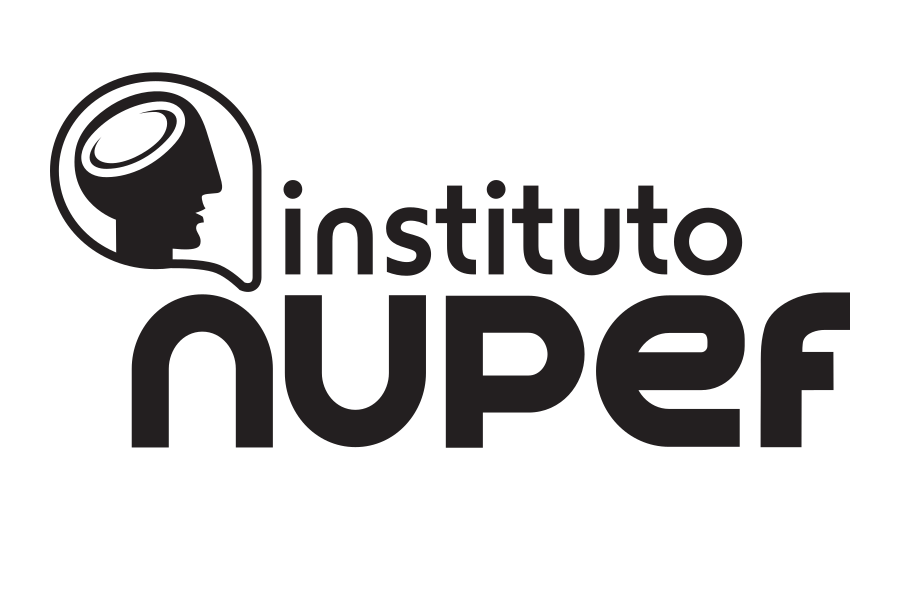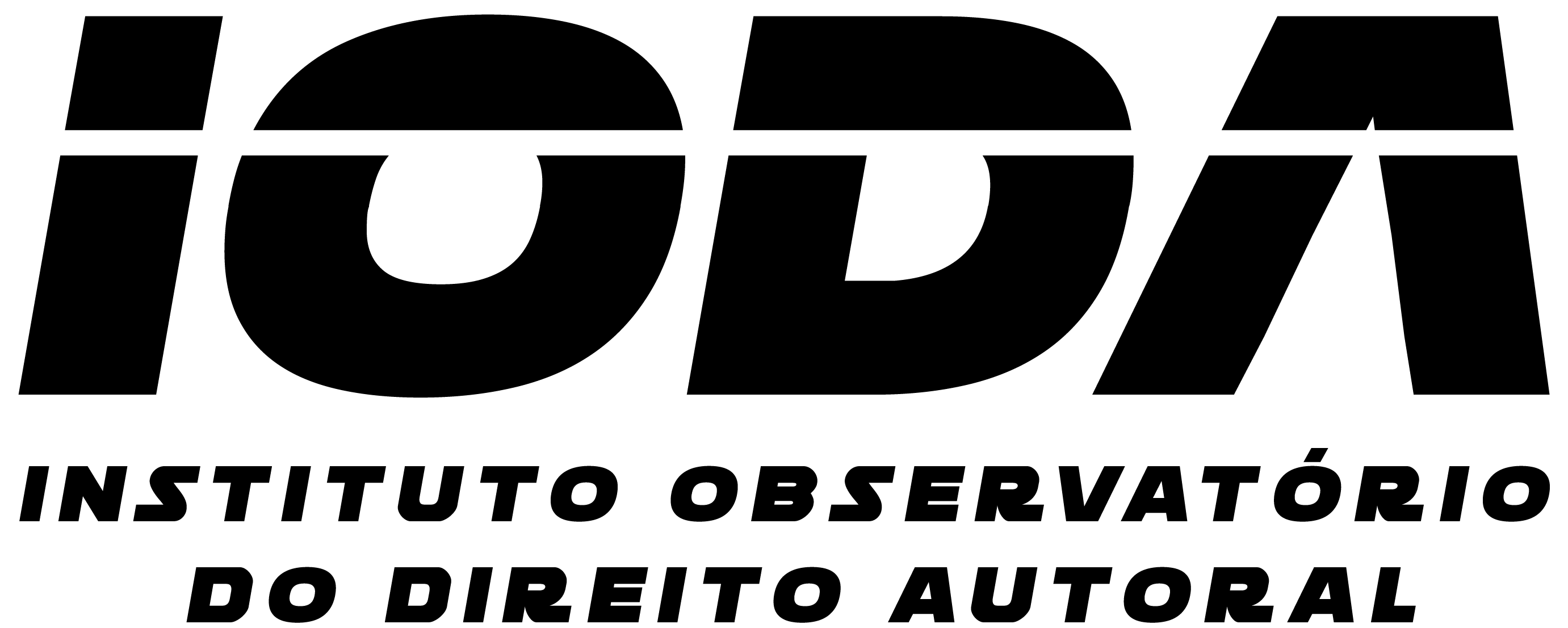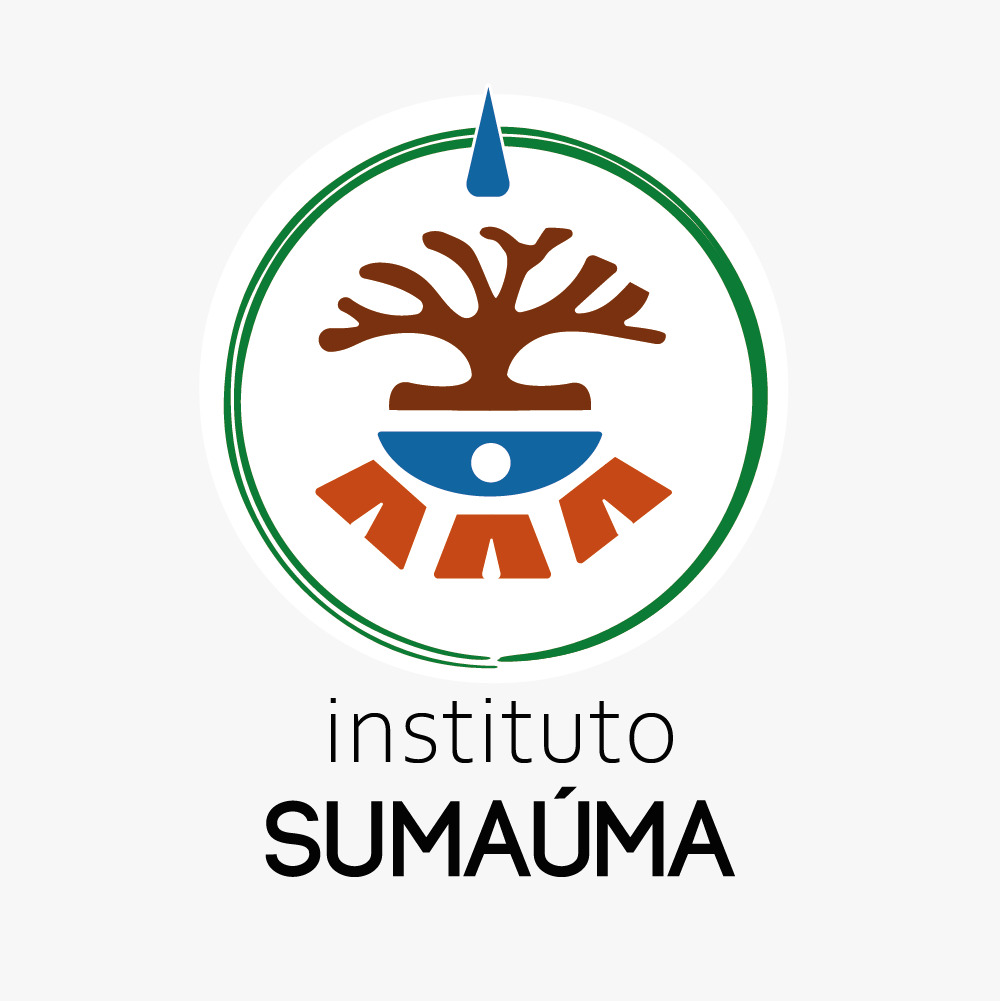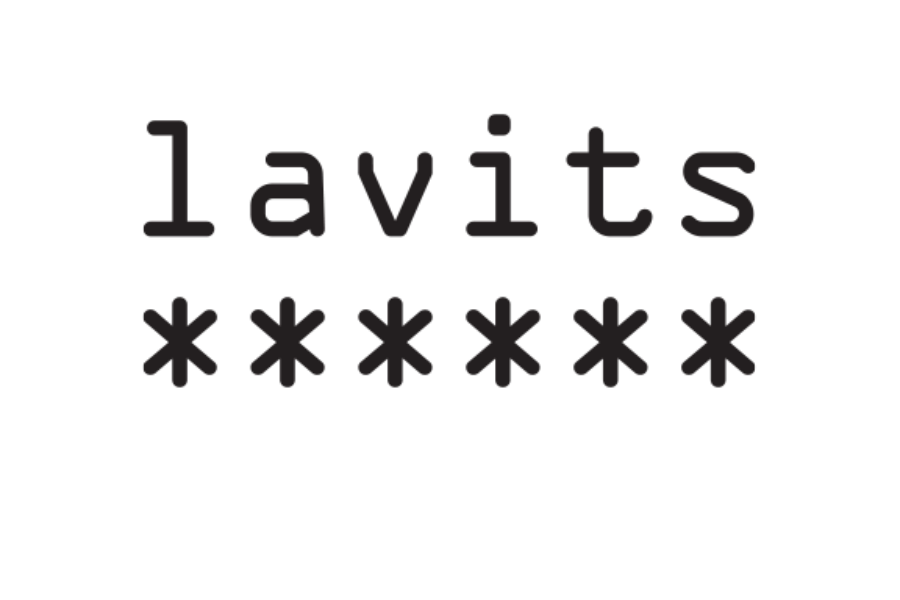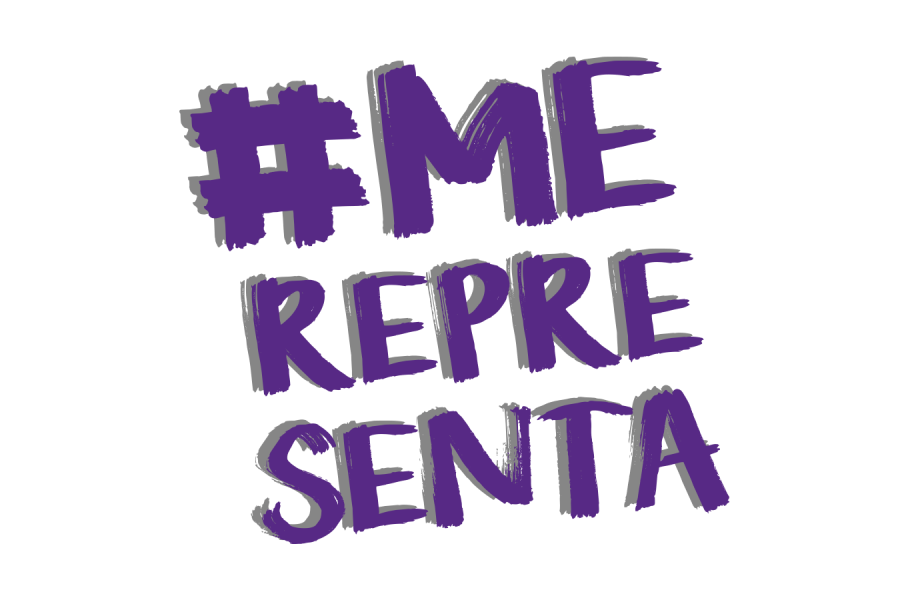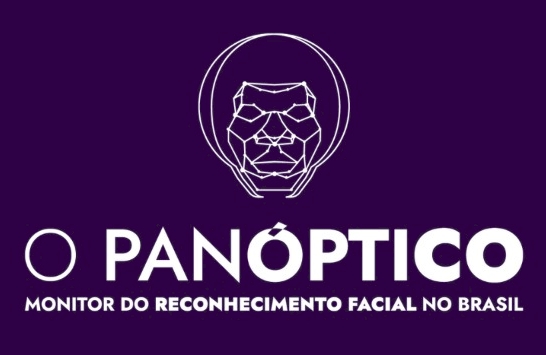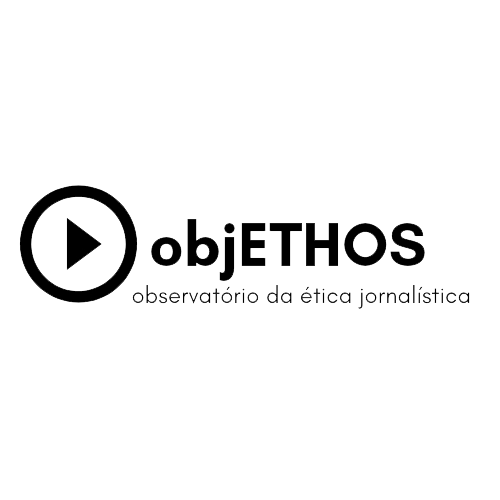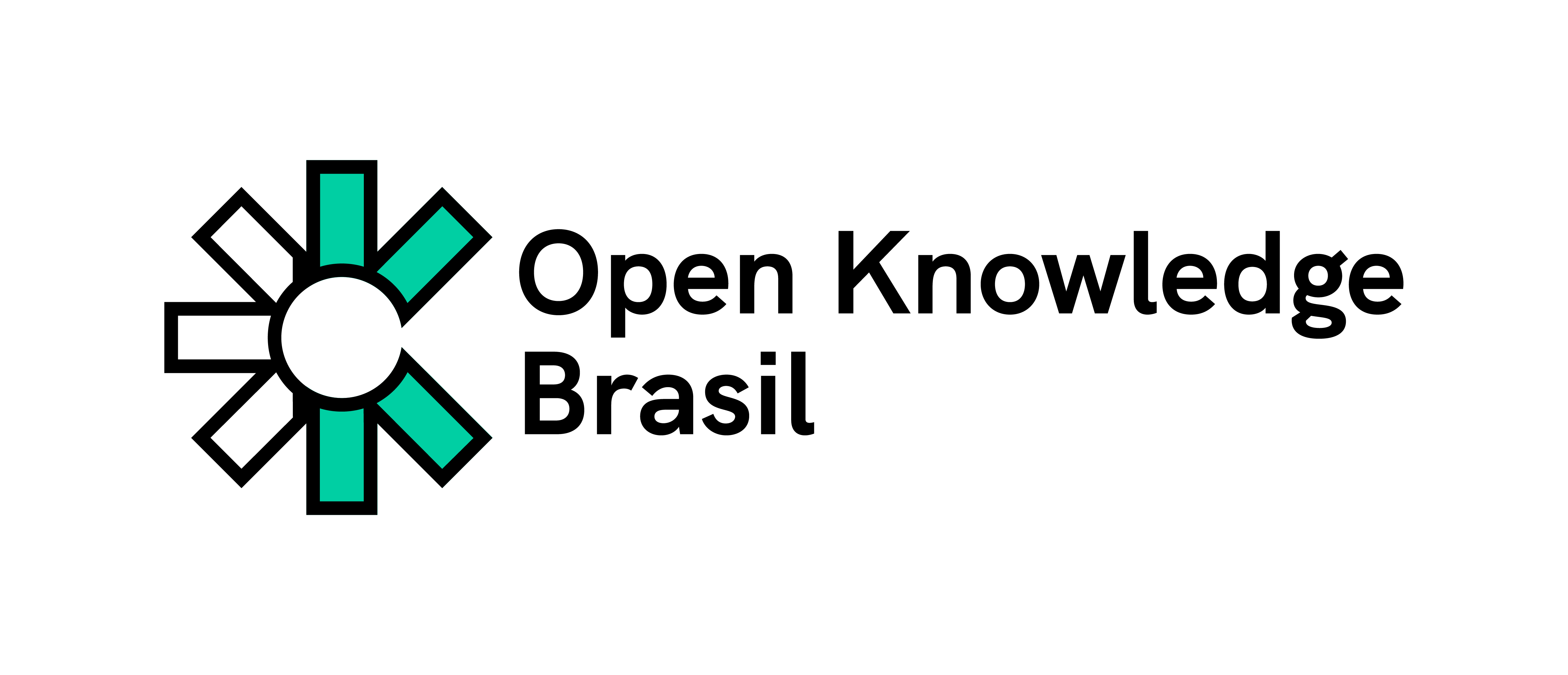Rights in Network Coalition’s Declaration
Faced with a political scenario of constant and increasing threats to the freedoms and rights of citizens on the Internet, the following entities decided to join forces and launch the Coalizão Direitos na Rede (“Rights in Network Coalition”). Our goal is to defend fundamental principles for the guarantee of universal Internet access, respect for net neutrality, freedom of information and expression, security and respect for privacy and personal data; and to ensure democratic and multiparticipativos governance mechanisms.
Among these threats, we highlight a number of attacks on rights expressed in the Constitution and the General Telecommunications Law, regarding to the universalization of telecommunications infrastructure which supports Internet access, and the rights achieved with Marco Civil Internet and its regulation, the Decree 8771 of April, 2016.
For Coalizão Direitos na Rede, these are the main threats to a universal, democratic, and public interest regulated Internet:
- The content of Portaria 1455 of April, 2016, published by the former Ministry of Communications, which established guidelines for ANATEL to promote the revision of the current model of telecommunications services provision. The text minimizes universalization obligations and eliminate the reversibility institute, diminishing the exclusive constitutional powers of the Union to ensure telecommunications access, and compromising the democratic implementation of Internet access supporting infrastructure;
- The recurring violations of Marco Civil da Internet in mobile broadband, with the practice of zero-rating associated with extremely low data deductibles and access blocking. The initiative of telecom operators to transfer this business model for broadband, increasing disrespect for the rights of uninterrupted connection and network neutrality, under the Civil Marco Internet. These practices deepen inequalities and go against the recognition of Internet access as a universal right and as an essential service;
- The resulting report of the Parliamentary Commission of Inquiry on Cybercrime, and its proposed bills, like other draft bills in the National Congress, put at risk the rights established by the MarcoCivil, in particular Internet privacy, freedom of expression and information. The threat is enhanced with the recent approval by the Chamber of Representatives Committee on Science and Technology of the draft bill authorizing warrantless access to profile data (personal qualification, address and affiliation) by the police and prosecutors in any investigation.
- Blocking sites and applications based on current online practices, such as sharing content and files, and judicial decisions of first instance that have affected access to information and freedom of expression of millions of Brazilians;
- Failure to recognize the importance of democratic and participatory construction of the draft bill 5276/2016 (personal data protection law), which deals with “personal data to guarantee the free development of the personality and dignity of natural person”, subordinating its approval in Parliament before other proposals pending in the legislature and disregarding the balanced way the text, by now, have been meeting international standards of privacy protection.
- The adoption of Decreto 8789 of June 29, 2016, which deals with databases sharing the federal government without any consideration of privacy or anonymization of the data of citizens, particularly in this context of the absence of a protection law personal data.
- The unofficial discussions, reported by the specialized press, that is intended to frame the Internet as a telecommunications service, compromising its multi-sectoral governance with the participation of the Brazilian Internet Steering Committee in Brazil, pursuant to the Civil Internet Marco and Decree 8771 of May 11, 2016.
In this scenario, Coalizão Direitos na Rede launches at the VI Internet Forum in Brazil the “Internet under attack” campaign, to denounce the ongoing threats and seek to promote a broad debate with Brazilian society on these issues. The Coalition also will act in a coordinated way to protect and defend the following principles:
1 – Universal access to telecommunications infrastructure and Internet connection service, in order to ensure universal, continuous e unlimited provision, with quality of service and respect to net neutrality;
2 – Protection of privacy and personal data, aiming at the adoption of a personal data protection law, as well as the maintenance of the rights established in the Civil Marco Internet, among other legislation dealing with the issue. Ensure that no one is subject to surveillance, communications interception or arbitrary and illegal collection of personal data, not even for national security purposes.
3 – Guarantee of freedom of expression, communication and thought manifestation, including the maintenance of intermediaries safeguards established in Marco Civil da Internet.
4 – Strengthening of Internet Steering Committee in Brazil (CGI.br), preserving its powers and its multisectoral nature, as a guarantee of multi-stakeholder and democratic Internet governance.
Porto Alegre, July 13, 2016.








